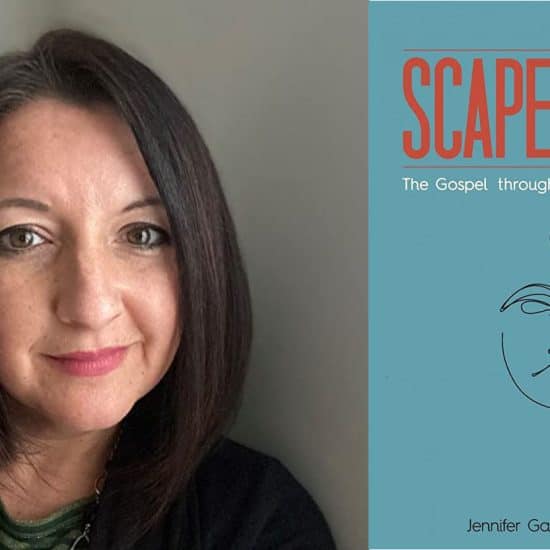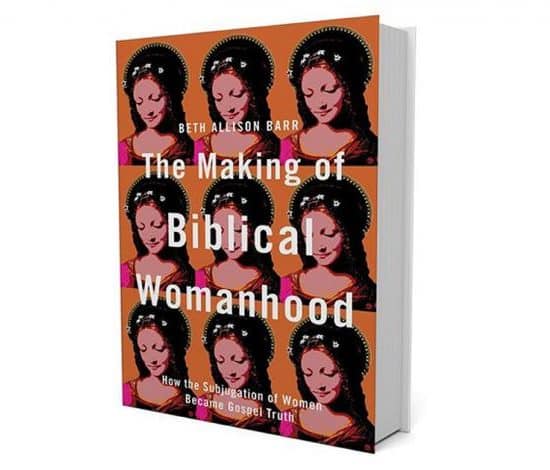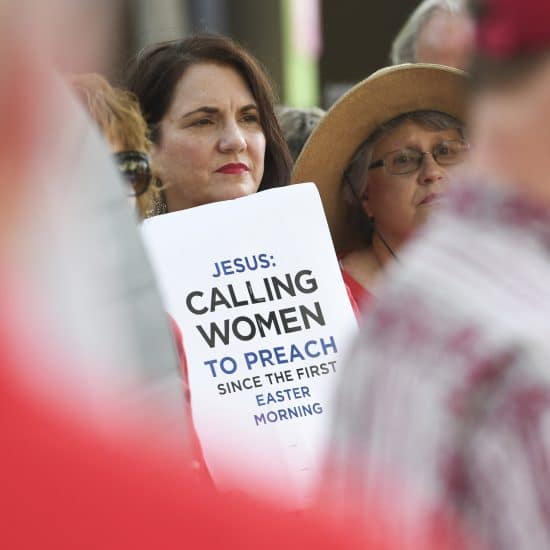Sometimes women struggle with understanding God's will when confronted with the choice to pursue a career or have a family. Some choose not to marry, or if they do, choose not to have children. Many women juggle both, sharing household and parenting duties with their husbands.
Many women remain at home to rear their children, while their husbands work. Some of those families are able to live comfortably on one income. Others tighten their budgets, shop frugally and delay purchasing things they want.
Dorothy Patterson, professor of women's studies at Southwestern Baptist Theological Seminary, feels strongly about family and child rearing. "Children need their parents…even if they have to do without some things in order to have time with their parents," she said.
Her stand stems from her conviction that men and women complement one another in the home and in the church. She believes that while God sees and accepts women and men as equal in his sight, he gave each specific roles and functions. The complementarian position insists that men must be the leaders in their homes and in the church. Women come along side as nurturers and supporters.
Egalitarians — such as Central Baptist Theological Seminary President Molly Marshall and Mimi Haddad, president of Christians for Biblical Equality — see women as equal to men before God and in the home and church. Gifts from God and calling through the Holy Spirit's guidance determine the roles an individual will fill. That understanding leads many women to juggle career and family, to marry and have no children, or to never marry at all.
But what about those women who face economic challenges? For many of them, choice is a luxury they can't afford.
Patterson believes economics should be the last issue families consider when deciding whether mom will stay at home.
"There is always a way" to make staying at home an economic possibility, Patterson said in an interview for our stories on the issue. "Economic sacrifice, education and qualifications are not the criteria for making the choice. You have to determine your commitment…. How seriously are you going to take Scripture…[and] the direction of the Holy Spirit?"
Admirably, Patterson helps make it possible for young seminary wives to stay home. Under her leadership, the seminary provides some training in ways to live economically. She set up a means for ladies to trade services and helps those who make craft and other items to market them through the seminary community.
Many women, though, are caught in circumstances that restrict choice. What about single moms? Women in poverty? Women caught in abusive relationships?
A young woman I knew had a stable job with a modest wage. She and her husband had a toddler, and were expecting a second child. They talked about the possibility of her being able to stay home with the children. But just a few weeks before the baby was born, her husband decided he no longer wanted to be married and left her.
The cost of childcare for two little ones would have required more than half her salary. Rent, food, clothing and healthcare had to be covered.
My friend was more fortunate than some women — she had an extended family support system. She ended up moving in with her parents so that her mom could care for the children while she worked.
Maybe it's too easy to talk about what God wants, too easy to interpret Scripture and apply it to others.
Though Patterson fosters the complementarian view among seminary wives, will those women find similar support from the churches their husbands serve?
What are congregations that accept the egalitarian position as true doing to give more of their female members opportunities to pursue their careers or other dreams? To lead in their churches?
Vicki Brown is associate editor for Word&Way.





